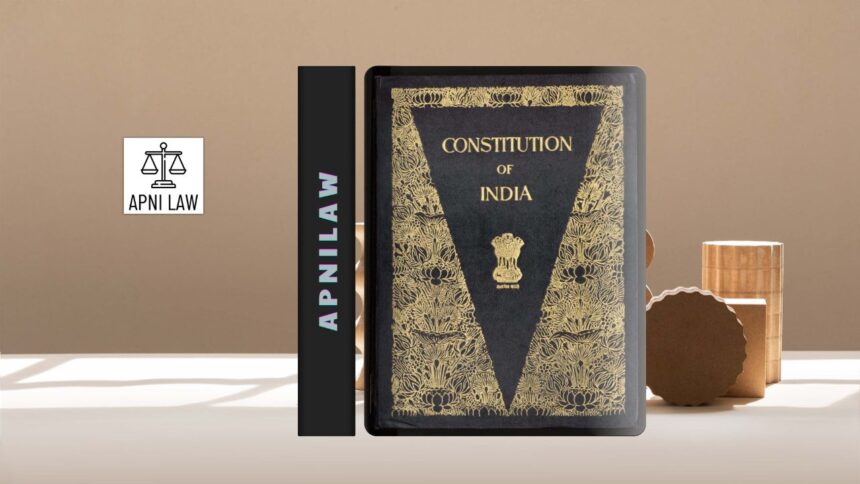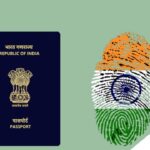Introduction
Globalization has connected India with its diaspora in ways that were unimaginable a few decades ago. Millions of people of Indian origin live across the world, yet many of them feel deeply connected to their homeland. To recognize this bond, the Indian government introduced the Overseas Citizenship of India (OCI) scheme. The idea was to give people of Indian origin and their descendants a lifelong link with India, even if they held foreign citizenship. However, while OCI offers several rights and benefits, it also comes with clear limitations that separate it from full Indian citizenship. Understanding these rights and restrictions is crucial for anyone considering or holding OCI status.
The Origins of the OCI Scheme
The concept of OCI emerged from longstanding demands by the Indian diaspora, particularly in countries such as the United States, Canada, the United Kingdom, and Australia. Many in the diaspora wanted to maintain a strong connection with India while retaining the advantages of foreign citizenship. Responding to these demands, the government amended the Citizenship Act of 1955 through the Citizenship (Amendment) Act, 2003, and formally introduced the OCI scheme in 2005.
This move was both symbolic and practical. Symbolically, it recognized the Indian diaspora as part of India’s extended family. Practically, it created a category that allowed easier travel, long-term residency, and investment in India without the need for repeated visas.
Rights Granted Under OCI
An OCI cardholder enjoys a range of benefits that make travel and life in India more convenient. First and foremost, the OCI card allows lifelong visa-free entry into India. Holders do not need to apply for fresh visas every time they travel. This significantly reduces bureaucratic hurdles, especially for those who visit frequently.
Additionally, OCI cardholders enjoy exemption from registering with the Foreigners Regional Registration Office (FRRO), regardless of the duration of their stay in India. This makes long-term residence in India much easier compared to regular visa holders.
OCI cardholders also have rights in economic and educational spheres. They can own property (except agricultural land and plantations), invest in businesses, and even pursue education in Indian institutions. In fact, many OCI students benefit from parity with Non-Resident Indians (NRIs) in admissions to professional colleges. They also enjoy the right to open bank accounts, buy residential property, and work in most private-sector jobs in India.
Limitations of OCI Status
Despite these benefits, OCI is not the same as full Indian citizenship. The Indian Constitution does not permit dual citizenship, and therefore, OCI remains a middle ground. OCI cardholders cannot vote in Indian elections, hold public office, or contest for parliamentary or assembly seats. They also cannot apply for government jobs in India.
Certain restrictions extend to ownership of property. While they can buy residential and commercial property, they are barred from owning agricultural land, plantation property, or farmhouses. Similarly, although they enjoy access to most economic opportunities, OCI holders cannot participate in areas reserved for Indian citizens, such as defense, aerospace, and political offices.
Furthermore, OCI status can be revoked under certain conditions. If a cardholder shows disloyalty to the Constitution, engages in terrorism, or acts against the interests of India, their OCI can be canceled. It can also be withdrawn if the status was obtained through fraud or concealment of facts.
Why India Offers OCI but Not Dual Citizenship
India’s rejection of dual citizenship stems from its historical and political context. After Partition, India faced serious challenges of integration and unity. The framers of the Constitution felt that allowing dual citizenship could weaken national loyalty and encourage divided allegiances. However, recognizing the emotional and cultural bond of the diaspora, the OCI scheme emerged as a compromise. It acknowledges the contribution of overseas Indians while keeping citizenship exclusive to those who hold allegiance only to India.
Real-Life Relevance of OCI
The OCI scheme has played an important role in strengthening India’s global connections. Many overseas Indians now invest in Indian businesses, contribute to charitable activities, and maintain close cultural ties. For example, professionals of Indian origin in the United States and Europe use OCI to return frequently to India for family, business, or philanthropic reasons. The scheme also benefits second and third-generation Indians abroad, who may not hold Indian passports but wish to stay connected with their roots.
Legal Developments Around OCI
The rights and responsibilities of OCI holders have evolved over time. In 2015, the government merged the Persons of Indian Origin (PIO) scheme with OCI, simplifying the framework. This gave PIO cardholders automatic recognition as OCI holders. Recently, courts have also clarified aspects of OCI rights. For instance, the Supreme Court in 2021 upheld restrictions on OCI students seeking admission under reserved categories, affirming that OCI holders are not the same as Indian citizens.
These legal developments underline the delicate balance the Indian government maintains—strengthening ties with the diaspora while safeguarding national interests.
Questions and Answers
Q1. Can OCI cardholders vote in Indian elections?
No. OCI cardholders do not have voting rights in India. Only Indian citizens can vote in parliamentary, state, and local body elections.
Q2. Can OCI cardholders own agricultural land in India?
No. OCI cardholders cannot purchase agricultural land, plantation properties, or farmhouses. They can, however, own residential and commercial property.
Q3. Can OCI status be revoked?
Yes. OCI status can be canceled if obtained fraudulently, or if the cardholder acts against India’s sovereignty, engages in terrorism, or shows disloyalty to the Constitution.
Conclusion
The Overseas Citizenship of India (OCI) scheme represents a unique bridge between India and its global diaspora. By offering rights such as lifelong visa-free travel, property ownership, and educational opportunities, it fosters strong bonds with overseas Indians. At the same time, by limiting political rights and certain economic privileges, it maintains the principle of single citizenship that lies at the heart of the Indian Constitution.
For millions of people of Indian origin, OCI is more than just a legal status, it is a recognition of identity, belonging, and connection. While it does not provide all the rights of citizenship, it provides enough to keep India and its diaspora tied together in a relationship of trust and mutual growth.
For any specific query call at +91 – 8569843472








